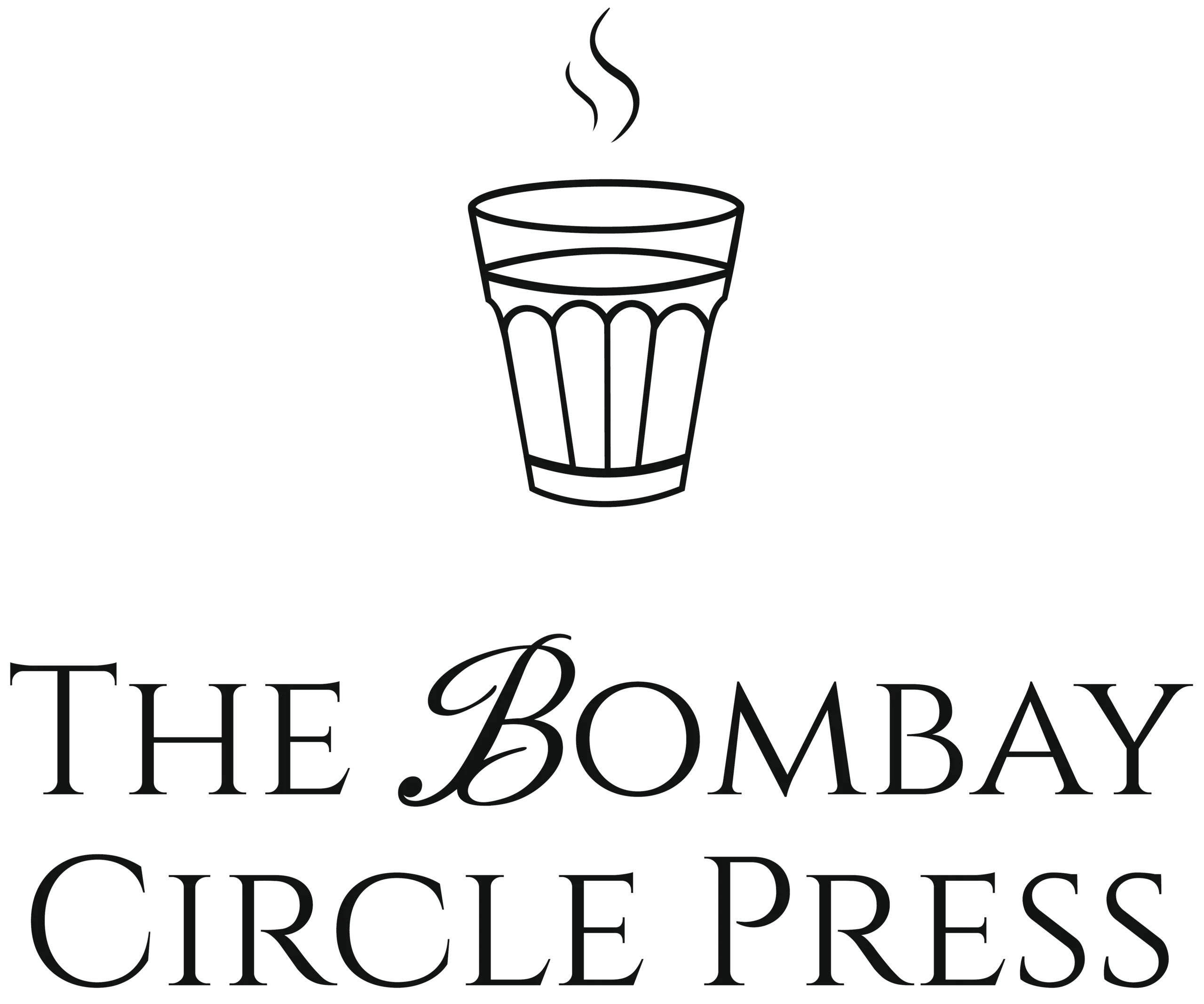You may have spent months, maybe years, writing your book. You’ve edited, revised, cried over chapter seven, questioned everything at chapter sixteen, and finally typed The End. And now, just when you think the hard part is over, someone asks, ‘Great! What’s the book about?’
Suddenly, your mind goes blank.
That’s where the blurb comes in. The blurb is that small piece of text you find on the back cover of a book, or on an online listing. It’s short. Just a paragraph or two. But don’t let its size fool you since a good blurb holds a lot of power.
Let’s break down exactly why your blurb might be one of the most important things you write, maybe even more than the first page.
1. It’s not just a Summary. It’s a Hook.
Think of your blurb as your book’s handshake. It’s what introduces your story to a potential reader. And just like a handshake, it can either leave someone intrigued…or uninterested. A blurb isn’t supposed to tell the whole story. It’s supposed to invite the reader into the story.
Imagine someone standing in a bookstore, or scrolling through Amazon. They’re looking at dozens, maybe hundreds of books. What makes them pause? A beautiful cover? Sure. A cool title? Maybe. But what makes them say “Okay, this sounds like something I want to read”?
It’s your blurb.
2. It helps readers know if this book is for them.
Readers don’t just want to know what happens. They want to know why they should care. Your blurb is where you answer that without giving too much away. Is your story emotional and character-driven? Is it fast-paced and twisty? Is it a slow-burn romance? A cozy mystery? A devastating coming-of-age?
A good blurb gives people the vibe. The genre. The tone. The emotional promise. It helps readers say, “Yes. This is what I’m in the mood for.”
And just as importantly, it helps the wrong readers walk away, which is a good thing. Because you don’t want someone expecting a thriller to pick up your quiet literary novel and leave a disappointed review.
3. It shows that you care about the whole book, not just the story.
Readers judge books by their covers…and their blurbs. A sloppy, vague, or confusing blurb can make even the most beautifully written novel seem unpolished. But a clean, compelling blurb sends a different message. It says, “This writer knows what they’re doing.” That you’ve taken time, effort, and care with every part of your book and not just the inside, but the outside too. If your blurb feels confident and engaging, readers are more likely to trust that your writing will be too.
4. It’s What Gets Shared.
Think of all the ‘Must-Read Books’ lists, Instagram carousels, newsletter features, and even casual friend recommendations. More often than not, the lines being quoted come straight from the blurb.
A strong, well-written blurb doesn’t just convince one reader. It becomes the go-to description people use to talk about your book, whether they’re recommending it to a friend, featuring it online, or selling it in a store. In a way, your blurb becomes your book’s voice when you’re not in the room.
5. So, What Does a Good Blurb Actually Look Like?
So what makes a good blurb is simple. It should tell us who the story is about. It should show us what kind of situation or conflict they’re in. It should hint at what’s at stake and what the reader might feel while reading. The tone of the story, whether it’s warm, tense, emotional, or light. It doesn’t need to be dramatic or overly polished. It just needs to be honest, clear, and give the reader a reason to care. When you include these things, your blurb quietly does its job pulling someone in before they’ve even read the first page.
Writing a blurb can feel weirdly harder than writing the book itself. How do you sum up hundreds of pages in just a few lines? But the truth is, your blurb is where the story starts for the reader. It’s their first impression, their first spark of curiosity. And that matters. A good blurb doesn’t need to be perfect or poetic, it just needs to be real and honest. Trust that when you get it right, the right readers will notice.


